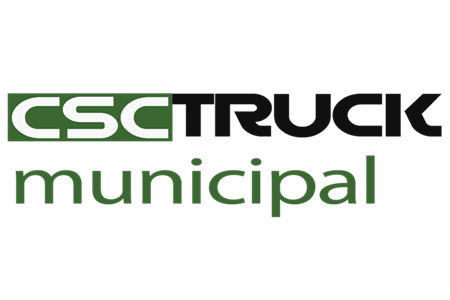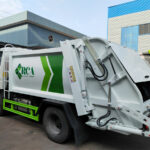Maintaining a sewage truck is crucial to ensure its efficient operation and prolong its lifespan. Proper maintenance not only prevents unexpected breakdowns but also ensures the safety of the operators and the environment. In this article, we will discuss the best practices for maintaining your sewage truck and provide some valuable tips and tricks to keep it in optimal condition.
Regular Inspection and Cleaning
Regular inspections and cleaning are the foundation of effective maintenance for a sewage truck. Inspect the truck before and after each use to identify any signs of wear, damage, or leaks. Check the tires for proper inflation and tread depth, examine the hoses and fittings for cracks or leaks, and inspect the tank for any corrosion or structural issues.
Cleaning the truck thoroughly after each use is vital to prevent the buildup of debris, solids, and chemicals. Remove any residue from the tank, hoses, and fittings using high-pressure water and appropriate cleaning agents. Pay special attention to the suction lines, nozzles, and filters, as they are prone to clogging and can affect the overall performance of the truck.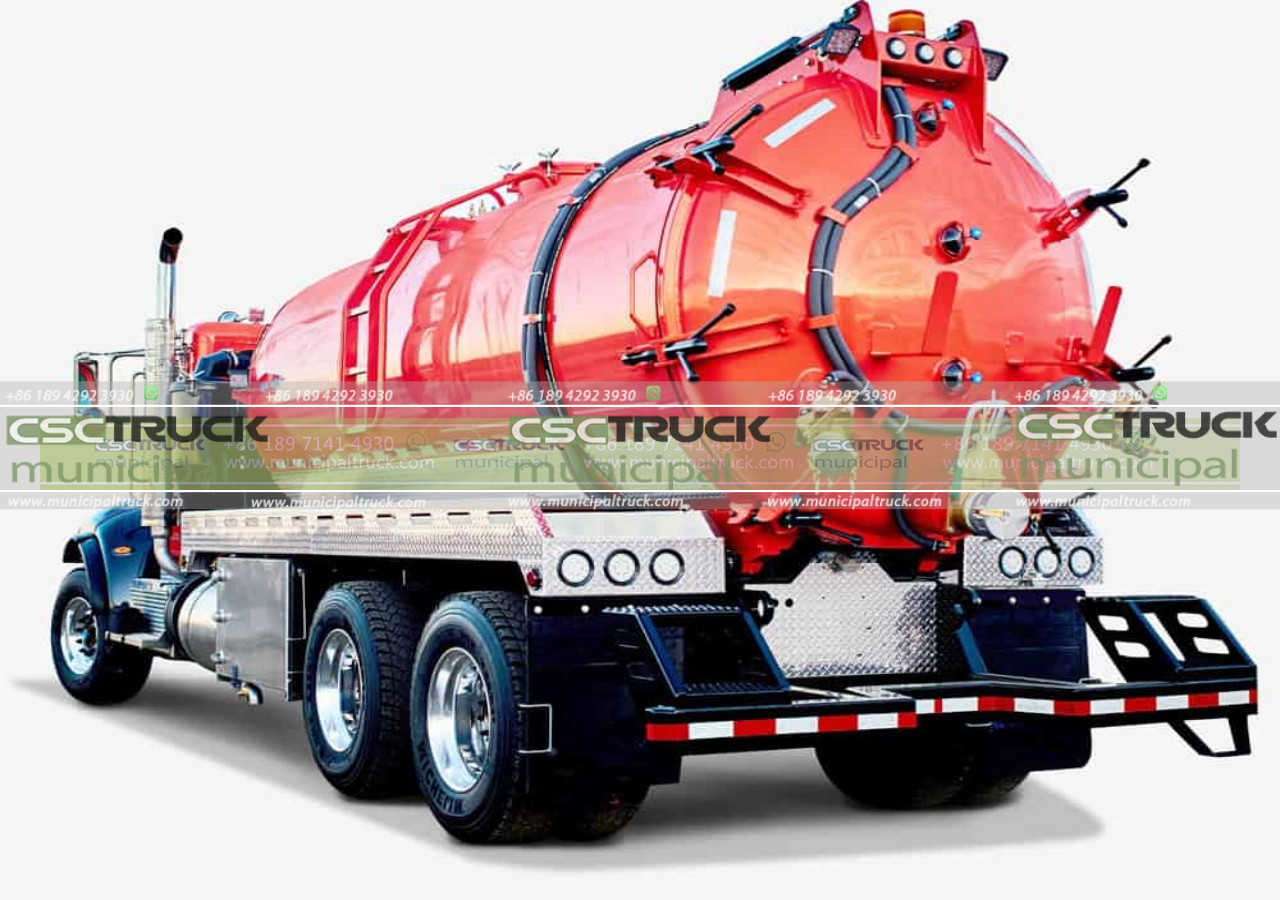 Fluid and Lubricant Maintenance
Fluid and Lubricant Maintenance
Proper fluid and lubricant maintenance are crucial for the smooth operation of your sewage truck. Regularly check the oil levels and change the engine oil and filter as recommended by the manufacturer. Use high-quality lubricants that are specifically designed for the truck’s engine and transmission system. Neglecting oil changes and using subpar lubricants can lead to increased friction, reduced efficiency, and potential engine damage.
Additionally, don’t forget to inspect and maintain the other fluids, such as coolant, hydraulic fluid, and brake fluid. Ensure that the levels are within the recommended range and replace them if they are contaminated or degraded. Regularly inspect the hoses and connections to identify any leaks or signs of deterioration.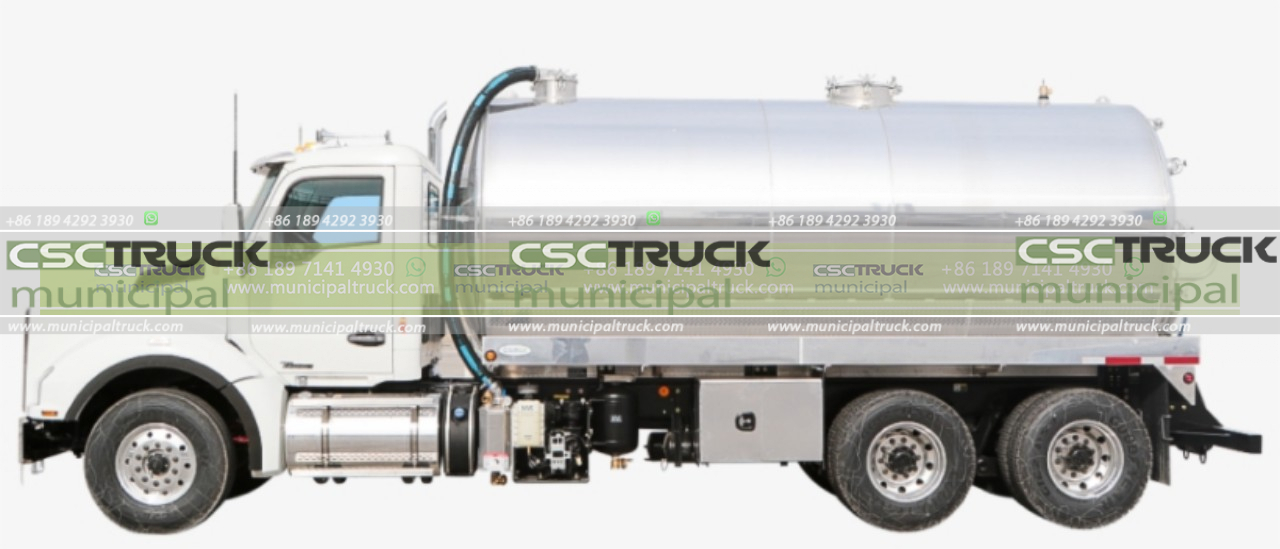 Electrical System and Controls
Electrical System and Controls
The electrical system and controls of your sewage truck play a crucial role in its overall functionality. Regularly inspect the battery terminals and cables for any corrosion or lose connections. Clean the terminals and tighten the connections if necessary. Ensure that the battery is adequately charged, and consider using a battery maintainer when the truck is not in use for an extended period.
Check all the electrical components, including lights, switches, gauges, and sensors, to ensure they are functioning correctly. If any issues are detected, address them promptly to prevent further damage or safety hazards. It is also essential to keep the wiring harnesses organized and protected from moisture and abrasion.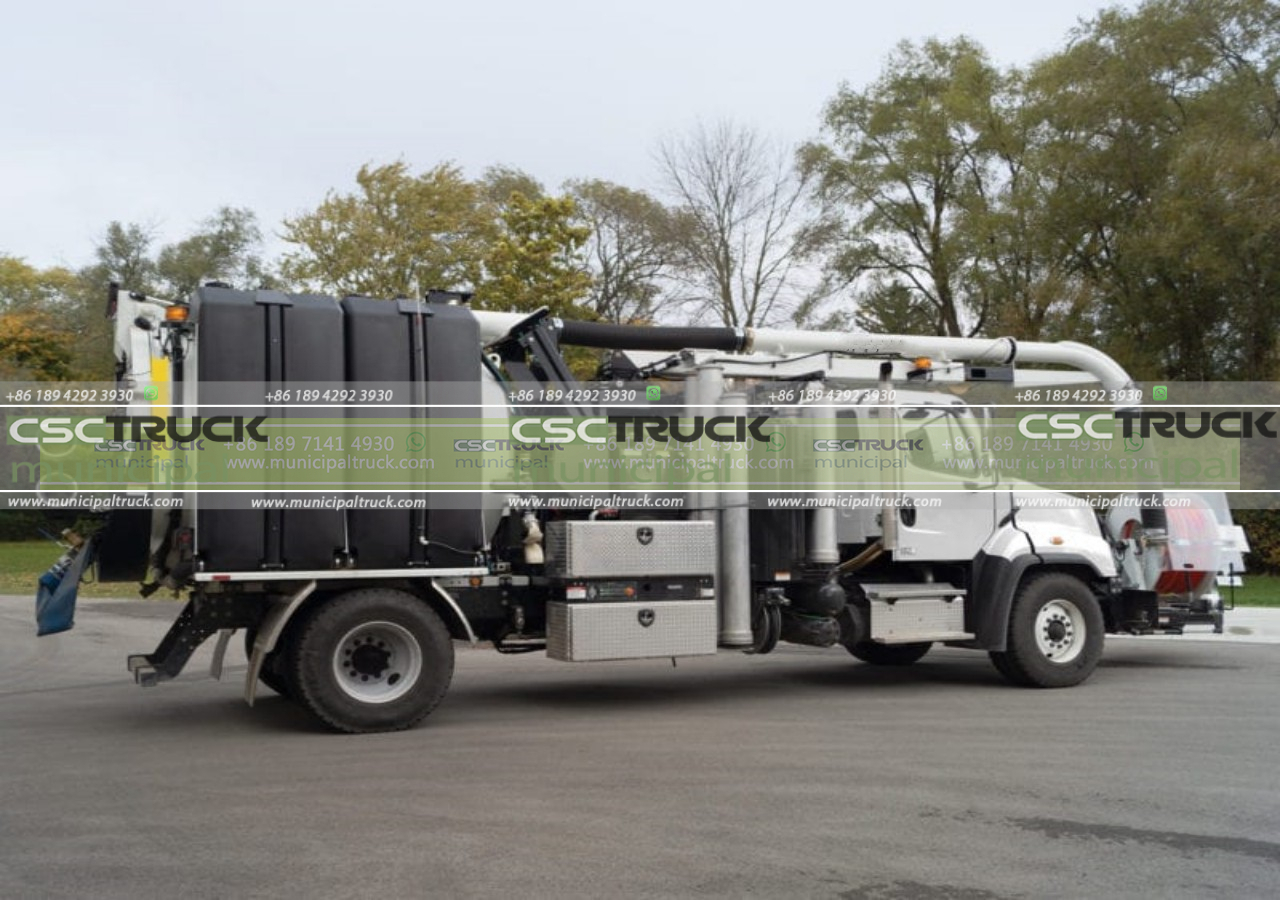 Safety Measures and Operator Training
Safety Measures and Operator Training
Maintaining a safe working environment for the operators and preventing accidents is of paramount importance when dealing with a sewage truck. Regularly inspect the safety equipment, such as emergency stop buttons, fire extinguishers, and personal protective gear. Replace or repair any damaged or expired safety equipment immediately.
Proper operator training is also crucial for the maintenance and safe operation of a sewage truck. Ensure that all operators are trained on the proper usage of the equipment, safety procedures, and emergency protocols. Conduct refresher training sessions periodically to reinforce good practices and keep the operators updated with the latest industry standards.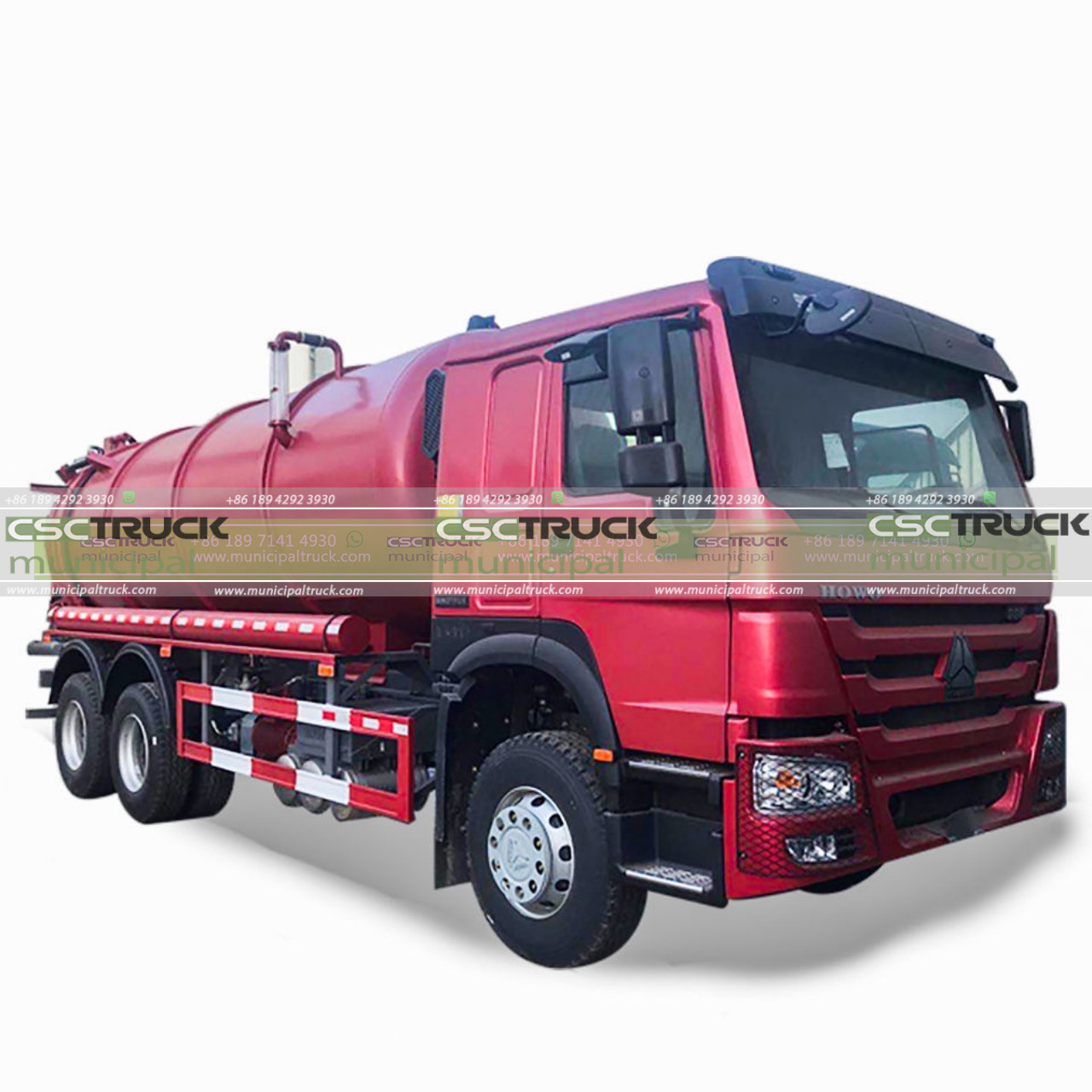 Record-Keeping and Scheduled Maintenance
Record-Keeping and Scheduled Maintenance
Maintaining detailed records of the maintenance activities is essential for tracking the truck’s history and ensuring that all necessary tasks are performed on time. Keep a logbook that includes the dates and details of inspections, cleanings, fluid changes, repairs, and any other maintenance-related activities. This record will help identify any recurring issues, schedule routine maintenance tasks, and provide valuable information for troubleshooting purposes.
Follow the manufacturer’s recommended maintenance schedule for your sewage truck. It includes tasks such as oil changes, filter replacements, belt and hose inspections, and system flushes. Adhering to the scheduled maintenance will help prevent major issues, ensure the warranty remains valid, and keep your sewage truck in optimal condition.
In addition to the manufacturer’s recommendations, consider creating a customized maintenance checklist based on your specific sewage truck model and usage patterns. This checklist can include additional tasks or intervals that are specific to your truck’s needs. Regularly review and update the checklist to adapt to any changes in your operation or equipment.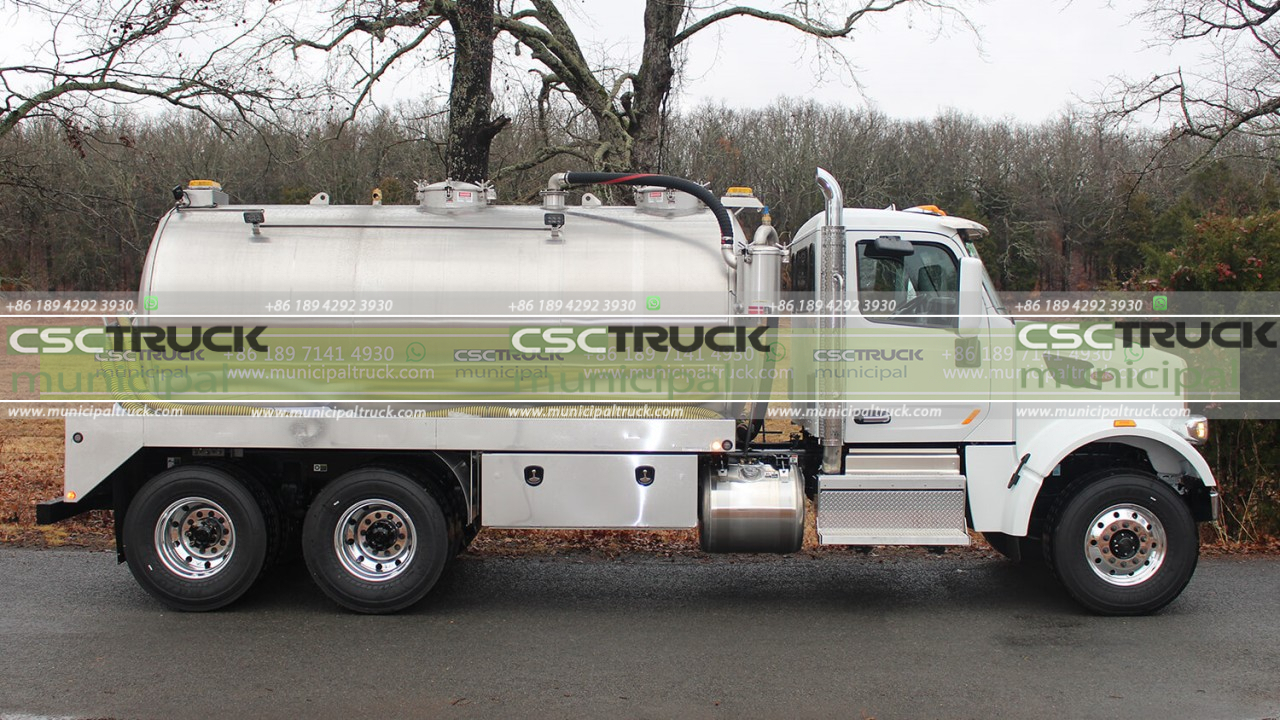 Professional Servicing and Repairs
Professional Servicing and Repairs
While regular inspections and maintenance can significantly reduce the risk of major breakdowns, there may still be times when professional servicing and repairs are necessary. It is important to promptly address any issues or abnormalities identified during inspections. Ignoring small problems can lead to more extensive damage and costly repairs in the future.
When seeking professional servicing and repairs, choose a reputable service provider with experience in handling sewage trucks. They should have a thorough understanding of the unique requirements and components of these specialized vehicles. Regularly communicate with the service provider to ensure they are aware of your truck’s history and any specific concerns you may have.
Additionally, consider establishing a preventive maintenance partnership with a reliable service provider. This can involve scheduling regular check-ups and maintenance visits to proactively address any potential issues before they escalate. A proactive approach to maintenance can save you time, money, and the inconvenience of unexpected breakdowns. Environmental Considerations
Environmental Considerations
As sewage trucks are involved in handling and transporting potentially hazardous substances, it is crucial to prioritize environmental considerations in their maintenance. Ensure that all seals, gaskets, and fittings are in good condition to prevent leaks or spills. Regularly inspect the tank for any signs of corrosion or damage that may compromise its integrity.
Dispose of waste materials properly and by local regulations and guidelines. Follow all safety procedures and protocols when emptying the tank and cleaning the equipment. Implement spill response and containment measures to minimize the impact of accidental releases.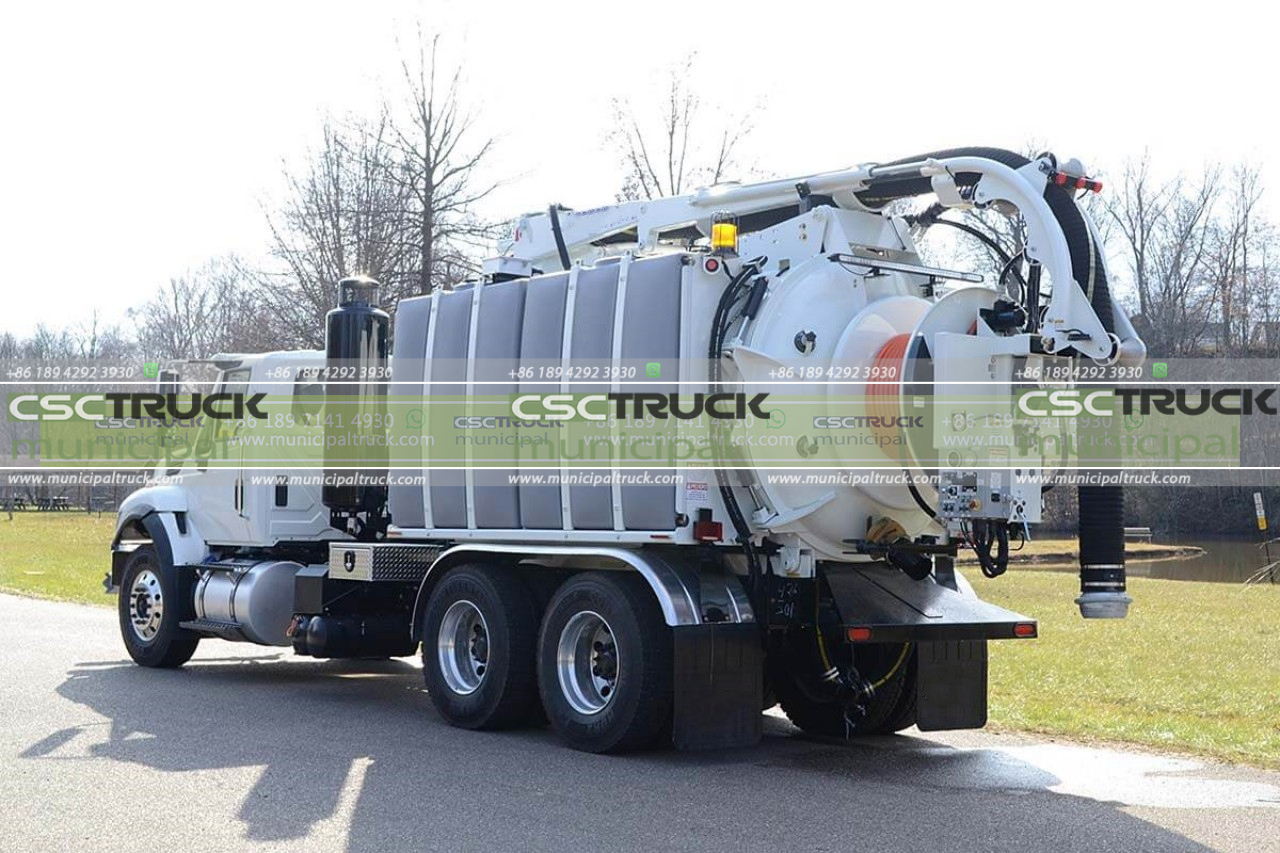 Continuous Training and Improvement
Continuous Training and Improvement
Lastly, prioritize continuous training and improvement when it comes to maintaining your sewage truck. Stay updated with the latest industry trends, technological advancements, and best practices. Attend workshops, seminars, and conferences to enhance your knowledge and skills.
Encourage open communication among your team members and operators. Share experiences, challenges, and lessons learned to foster a culture of learning and improvement. Evaluate your maintenance processes and seek feedback regularly from the operators to identify areas that can be optimized.
By implementing these best practices and incorporating preventive maintenance strategies, you can ensure the reliable operation and longevity of your sewage truck. Remember, regular inspections, proper cleaning, fluid maintenance, safety measures, scheduled servicing, and environmental considerations are all essential components of an effective maintenance program. By investing time and effort into maintaining your sewage truck, you can minimize downtime, reduce costs, and ensure the smooth and efficient operation of your wastewater management system.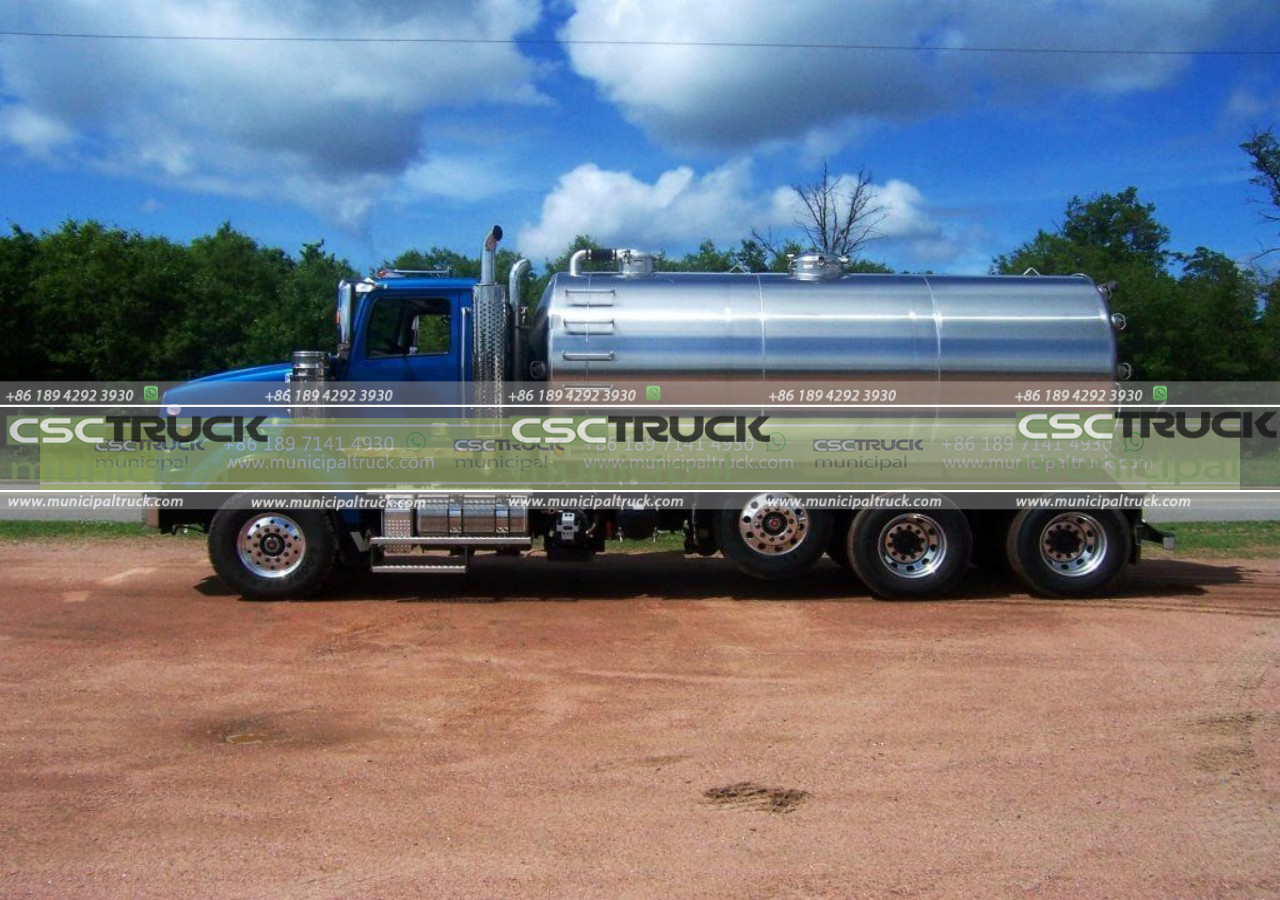
Contact us for this municipal truck or similar trucks: [email protected] Call us or What's APP us: +86 189 4292 3930
